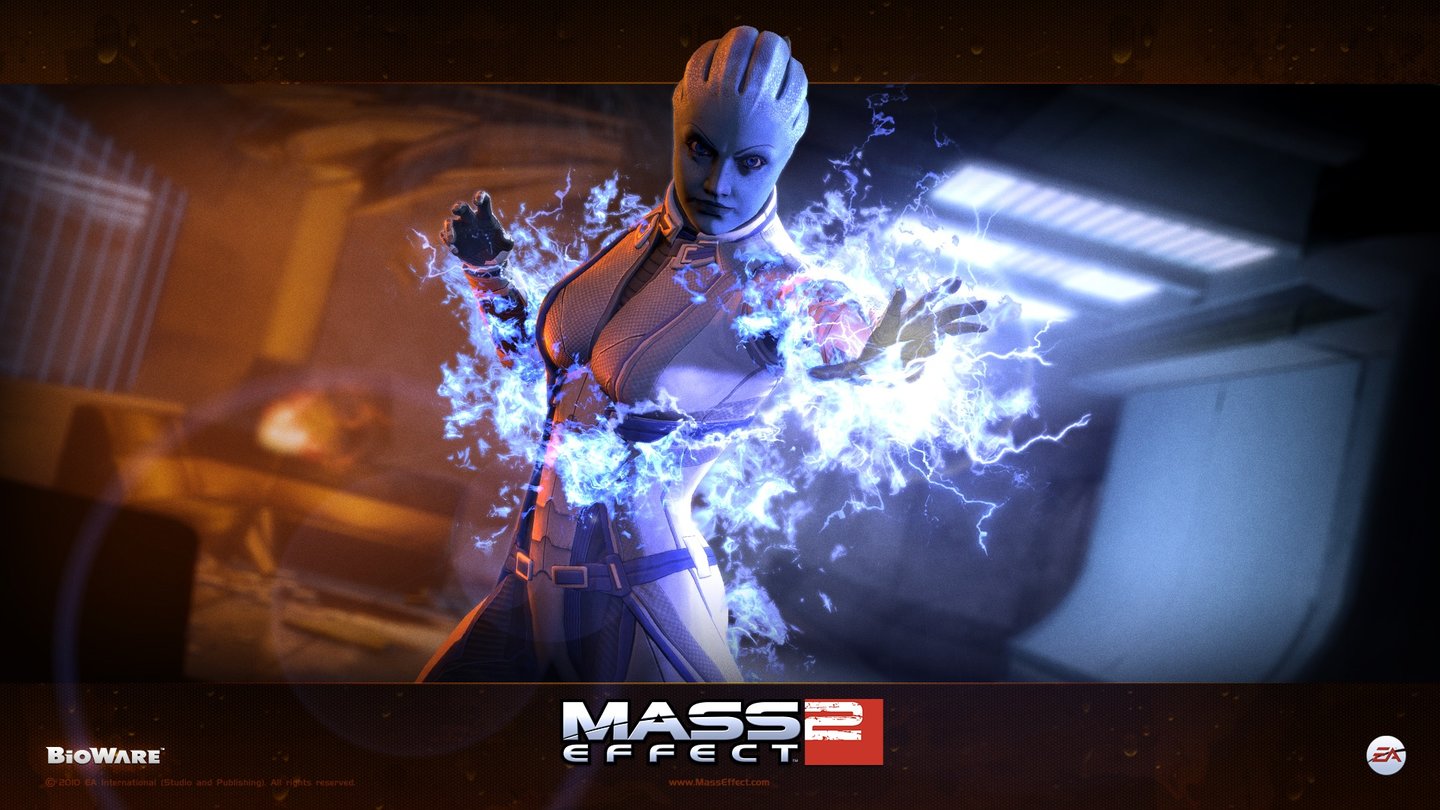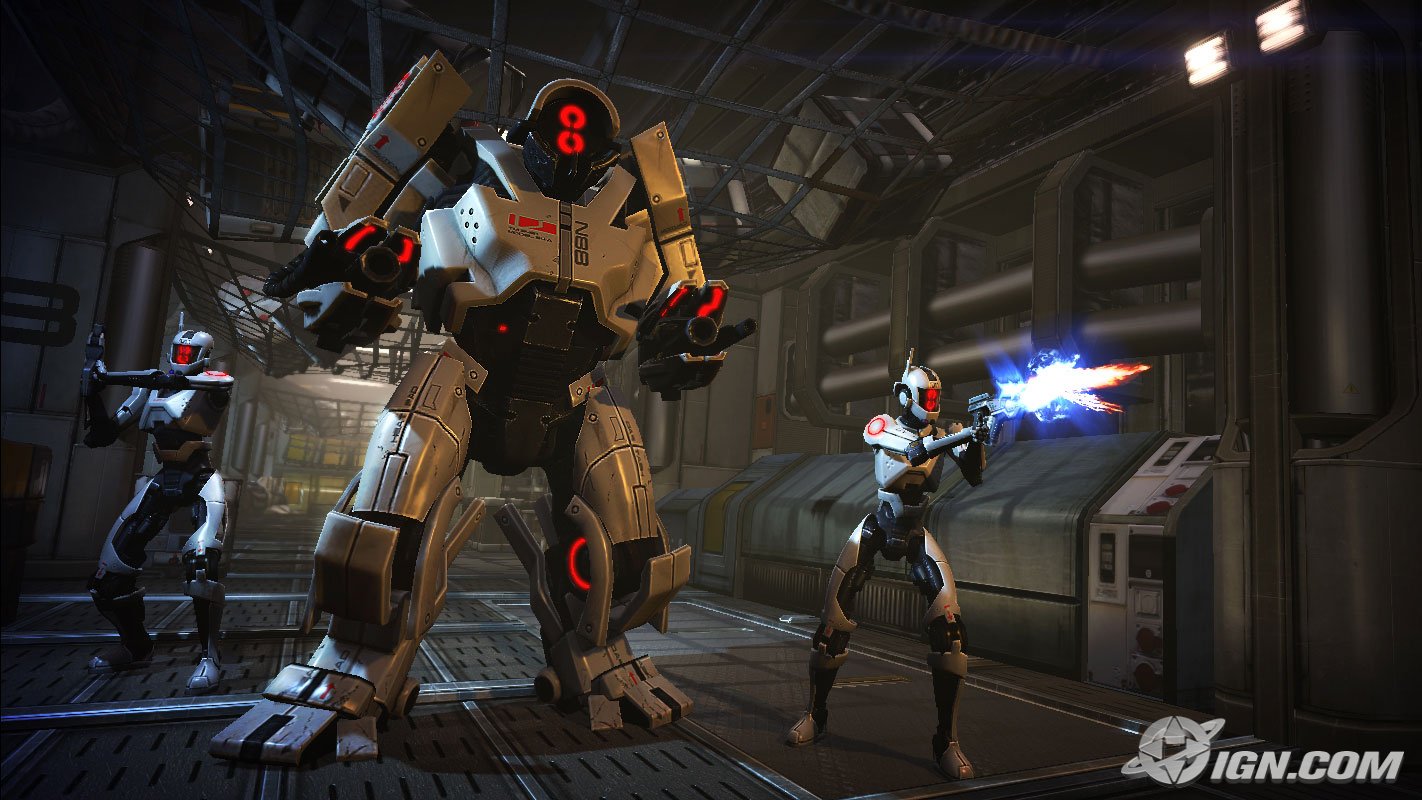

Though you’ve had teammates from all species, they’re either rooted in one of the secondary conflicts or purely the main threat of the Reaper war effort.Īs such, the majority of moments that reflect your actions aren’t in the main story. The Turians, Asari, and Salarians scarcely get a mission each, and content cuts stemming from time restraints can only explain away so much of that. Though Mass Effect 3 works incredibly hard to stick the landing on each mini-finale for the aforementioned Krogan and Quarian conflicts, those conflicts are also the only ones with multiple missions. And if that sounds awfully familiar to those who’ve finished Mass Effect 3, therein lies the flaw of Mass Effect 2’s precedent. Your greatest choice is whether or not to shoot an annoying character before they can finish monologuing. Though Arrival is arguably the most important DLC mission in Mass Effect 2, it’s equally the worst mission in the entire campaign. Nowhere is this more obvious than the missions that lack this sort of faux-branching narrative. It’s a brilliant deception bolstered by the already stellar dialogue, mission design, and acting - one can’t be surprised that a game from 2010 holds up so well given all of this. Any branching story can only take player choice so far, and Mass Effect 2 gives its light choices a terrific illusion of weight with how it reflects them back to the player. Again, all you can really do is edit the story within given parameters. You can’t lead a Krogan uprising and decimate the other Citadel races, nor can you doom both the Geth and Quarians simultaneously. Whole companions and other major characters can live or die based on how you want the story to play out, but the core story itself never changes. The same goes for the Quarians and Geth in Mass Effect 2, with the power to cripple either in benefit to the other in an increasingly morally gray conflict. If you didn’t care about the Krogan enough to spare Wrex on Virmire in Mass Effect 1, in Mass Effect 2 he’s replaced by his brother who justifies your bias and opens doors down the line for continuing to rebuke and condemn the Krogan. Otherwise, your role in pivoting Shepard paints the galaxy the way you want. For how little you actually change, it’s always the experience that’s foremost in the average player’s mind: How do NPCs feel about them, how badass or compassionate do they feel, are they aligned with a cause they agree with? This was actually one of the few criticisms levied at Mass Effect 2 - you’re essentially forced to work with Cerberus, even if you opposed them in the past, though it attempts to justify it. How Mass Effect 2 disguises your lack of true agency is both brilliant and troubling. More than other BioWare RPGs like Star Wars: Knights of the Old Republic, Mass Effect 2 works incredibly hard to make you feel like you’re in control, even if you aren’t in the way you think you are. Likewise, if someone you spared in Mass Effect 1 returns to remind you that you spared them and gives you the same busywork quest a different NPC would’ve otherwise, that just might resonate emotionally too. Convincing an ally not to kill someone typically doesn’t alter the story in any substantive way, but it does alter your relationship with the characters. If so much is almost set in stone, why do so many people love Mass Effect 2? Because it makes you care - and hides that all you’re doing is slightly altering a fairly static story. Outside of rare instances, most players will enter Mass Effect 3 with roughly the same companions, completed quests, and, according to BioWare’s metrics, the same outcomes on major decisions. It’s noteworthy that you can deviate from the script at all in certain loyalty missions, and even then, the repercussions are often thematic rather than impacting your main journey.

Shepard can’t go anywhere or do anything out of line. Logistically, it makes perfect sense, and to BioWare’s credit, they hide the sheer linearity of events brilliantly. As a result, you mostly choose how patient Shepard is, whether they invite someone into their bed, and whether or not they’re a colossal jerk to certain races or characters. Shepard is a person with a fairly established history and personality from the get-go. In Mass Effect 2, you’re not simply inhabiting a character in a story, but instead editing someone else’s to your liking. Instead, the true culprit is what many consider to be the high point of the series: Mass Effect 2, particularly in how it alters the way Mass Effect works. But not by the starchild, or the Crucible, or all the From Ashes DLC shenanigans. The ending of Mass Effect 3 was always doomed.


 0 kommentar(er)
0 kommentar(er)
